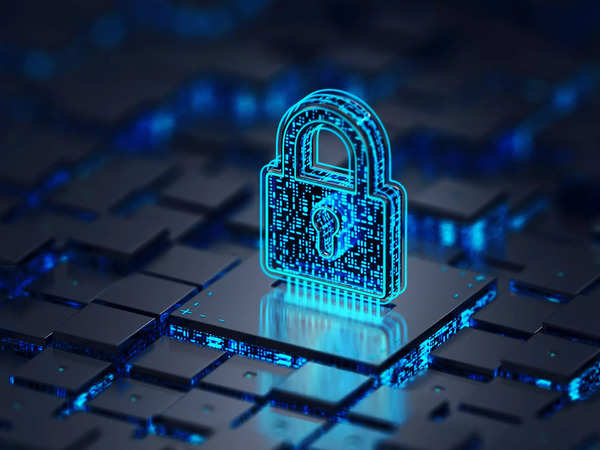Internet Connectivity presents social well-being challenges
Share

By Thabisani Dube
Social media has revolutionized connecting with others in the digital age. It allows for easy interaction and sharing of life moments. While it has benefits like rekindling old friendships and amplifying voices for social change, research shows it can also negatively impact mental well- being, leading to feelings of inadequacy and anxiety, especially among young people, due to the pressure of likes and validation and the prevalence of cyberbullying.
The use of social media, for example, has improved learners access to online learning materials in schools in Zimbabwe, aiding in achieving Sustainable Development Goal Number four (SDG 4): Quality Education. SDG4 is a commitment to “ensure inclusive and equitable quality education and promote lifelong learning opportunities for all.” This goal is a pivotal driver for positive change, emphasizing the transformative power of education in fostering a sustainable and equitable world. However, it is important to note that information and communication technologies have also been misused, affecting school learners.
According to UNICEF two-thirds of children in Zimbabwe have been subjected to violent discipline and are at risk of mental health challenges.
Clayton Choga, a clinical family therapist and counsellor of Claivy Wellness Trust has personally witnessed the challenges posed by social media.
Choga says: “I have seen how excessive social media use can harm the mental health of young people. The pressure to maintain an idealized image, comparing themselves to others online, and feeling isolated can lead to feelings of inadequacy, anxiety, and depression. It’s important for individuals to set limits on social media, build real-life connections, and practice self-care to protect their mental well-being,” said Choga.
Choga said that excessive use of social media can lead to addiction and negatively impact young people’s mental health, sleeping patterns and overall well-being.
According to the latest findings from the Zimbabwean Postal and Telecommunications Regulatory Authority (POTRAZ) reports, as of 2022, there were a total of 9,644,271 active internet and data subscriptions in Zimbabwe, resulting in an internet penetration rate of 62 percent. Notably, mobile subscriptions experienced a 2.8 percent increase in 2020, reaching a high of 90.5 percent. This growth in mobile data usage has been linked to factors such as the rise of e-learning and telecommuting practices.
The Zimbabwe Cyber and Data Protection Act (Chapter 12:07), established in December 2021, focuses on improving data protection and ensuring the safe use of information and communication technologies. It specifically addresses cyberbullying by introducing severe penalties for sharing harmful messages on digital platforms. The act allows victims quicker access to justice through criminal procedures and targets individuals who use online anonymity to harass others.
Even so, social media creates pressure to maintain an ideal image, leading to feelings of inadequacy and low self-esteem, especially among young people influenced by unrealistic social media influencers.
Many feel compelled to conform, leading to unhealthy habits like decreased self-esteem and disordered eating.
I constantly grapple with the pressure to project an impeccable life on social media. This pressure has bred deep-seated insecurity and feelings of inadequacy within me. Seeking validation through likes and comments has become second nature. Simultaneously, I battle with the fear of missing out and the need to keep up with the carefully curated images I encounter online, said Alliance Tshuma, from Nkayi district in Matabeleland North Province.
Social medias constant stream of posts can hinder in-person quality time, reducing empathy and meaningful interactions. Comparing daily lives to idealized online versions can lead to dissatisfaction and unhappiness. This can trigger anxiety and depression as one measures oneself against others achievements, travels, and relationships, fostering envy and resentment.
The constant comparison with others on social media has taken a toll on my mental health, leaving me feeling lonely and anxious. I am acutely aware that online interactions can never fully substitute for the genuine connections I crave in real life, said Ryan Ncube, from Victoria Falls in Hwange district in Matabeleland North Province.
Cyberbullying, which involves using technology to harass or intimidate others, can have serious and harmful effects on individuals mental and emotional well-being.
“Cyberbullying is a serious threat to my online life, causing stress and pain that others might not see. The fear of being harassed online adds to my anxiety. I also feel like my privacy is always in danger as I go about my online activities. Sharing personal details can lead to unexpected problems. The spread of false information and mixed messages on social media makes me even more confused and wary of the Internet,” said Chido Moyo from Harare.
Choga recommends limiting social media usage, setting boundaries on screen time, engaging in offline activities that promote mental well-being, fostering genuine connections with loved ones, and seeking professional support, when necessary, to safeguard mental health.
“It’s vital to acknowledge social media’s negative impact on mental health and prioritize real- life connections, self-compassion, and mindfulness for emotional well-being. I advise unfollowing accounts that make you feel inadequate and instead focus on people and things that bring you joy. Spending time outdoors, engaging in hobbies, and prioritizing quality time with friends and family can significantly improve your mental health and contribute to a happier, more fulfilling life,” advised Choga.
Addressing the mental health crisis triggered by social media necessitates a proactive approach from users to reassess their online habits and prioritize self-care. By being mindful of social media’s impact on mental health and actively seeking healthier alternatives, individuals can navigate the digital landscape with greater resilience and self-awareness.









